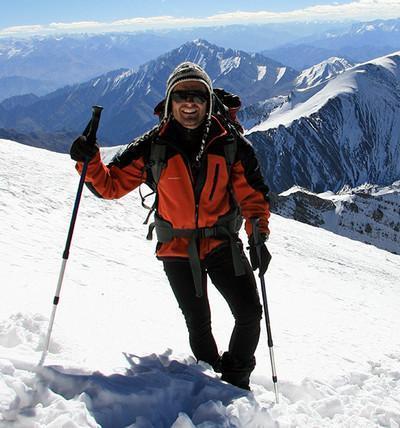When you're starting out on the slopes, you'll need to wear the right clothing. You'll want to layer your clothing for warmth and comfort. For example, a lightweight vest will be comfortable in a variety of weather conditions. You'll also want to wear snow goggles. Don't forget to check out for ski pants alternatives.
Vests Are Lightweight and Easy to Wear
Ski vests are a great choice for beginners. They're made of lightweight, breathable material that prevents you from overheating. A good fit is crucial because it should sit just above your eyebrows. This will prevent the vest from slipping down your back while you're skiing.
Ski jackets come in a variety of styles and materials. It's essential to wear a jacket that's waterproof and breathable to prevent overheating and sweating. A good ski jacket also protects you from the wind and rain.
Layering Is a Good Idea
Layering is a great way to keep your body temperature constant. The basic layering system has three components: a lightweight base layer, a warm insulating layer, and a waterproof shell. You can mix and match depending on the conditions. For example, if you're skiing on a warm day, you can wear a light shell, and a thick insulating layer under that. If it gets chilly, you can change out your base layer for a warmer, heavier one.
When skiing for beginners, it's important to stay warm. You can lose heat quickly when the temperatures drop. To avoid these problems, layering is a great idea. Having enough layers to keep yourself warm will improve your performance and reduce the risk of feeling hot and damp. Use high-quality technical ski gear that can keep you warm and dry. If you have to buy new ski gear, consider a brand that offers a discount for beginner skiers.
Ski Pants
Ski pants for beginners are designed to be comfortable and provide the right amount of protection. They are usually made of nylon or polyester and feature a tri-layer construction with a stretch-mesh lining. These pants are not very insulated, but they do provide an excellent fit. In addition, they are fully taped to prevent leaks and are lightweight. They are different from snow pants.
Beginner ski pants are often cheaper and more durable than ski pants for experienced skiers. The best ski pants are comfortable, durable, and budget-friendly. While there is no perfect beginner ski pants, the most appropriate pair will accommodate your needs. It's recommended to avoid wearing regular pants.
Gloves
While buying ski gloves for beginners, consider the features that you want in your pair. These features should include a waterproof membrane and breathability. Breathable gloves have microscopic pores that allow water to evaporate. Traditionally, these membranes are placed between an outer shell and inner liner. Whether or not these membranes offer waterproof protection depends on whether you'll be skiing in wet or dry conditions.
The touchscreen compatibility of the gloves will allow you to operate your smartphone or tablet without removing your gloves. Look for light to mid-weight gloves with touchscreen functionality. These gloves should be thin and have enough dexterity to grip your smartphone. If you're worried about sacrificing warmth for touchscreen functionality, consider a pair with a fleece liner.
Socks
A good pair of ski socks should be snug and fit the foot well, but not too tightly. You want to give yourself room to move and flex your foot. Some ski socks feature technology to help you stay warm and prevent foot pain. These socks may also have a non-slip cuff at the top.
Cotton is an excellent material for socks. They are comfortable to wear and are available in many colors and styles. They are also available in standard sizes, so they're a great option for most people.
Helmet
When buying a helmet for skiing, beginners should keep a few things in mind. For example, size is important. Many helmets come with adjustable earpieces to accommodate the varying temperature on the mountain. Some even have removable ear flaps. It is also important to look for features such as earpads that work with an audio system.
A ski helmet should not be too large or too small and should fit snugly around your head. A good helmet should fit you perfectly and not cause you any problems when you're skiing. Despite the fact that you're a beginner, you should always wear a helmet for safety reasons.





